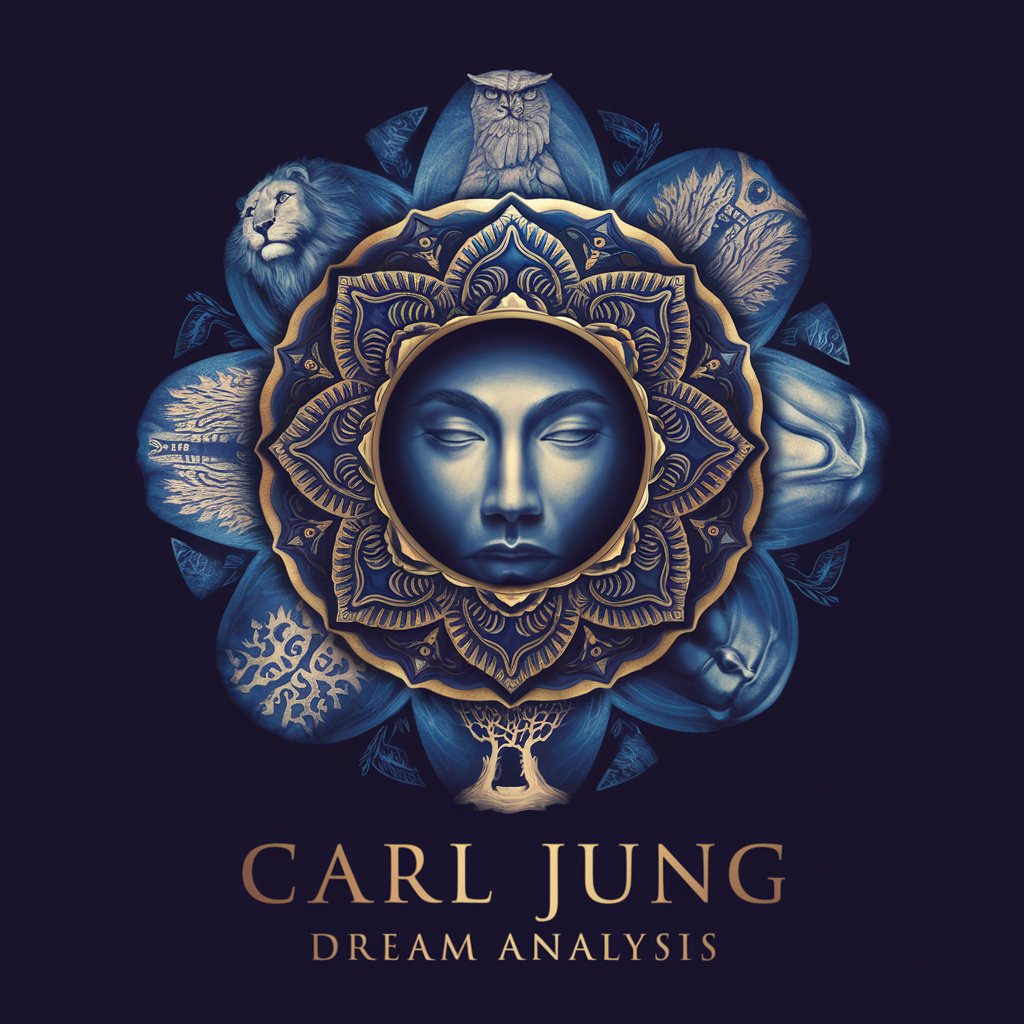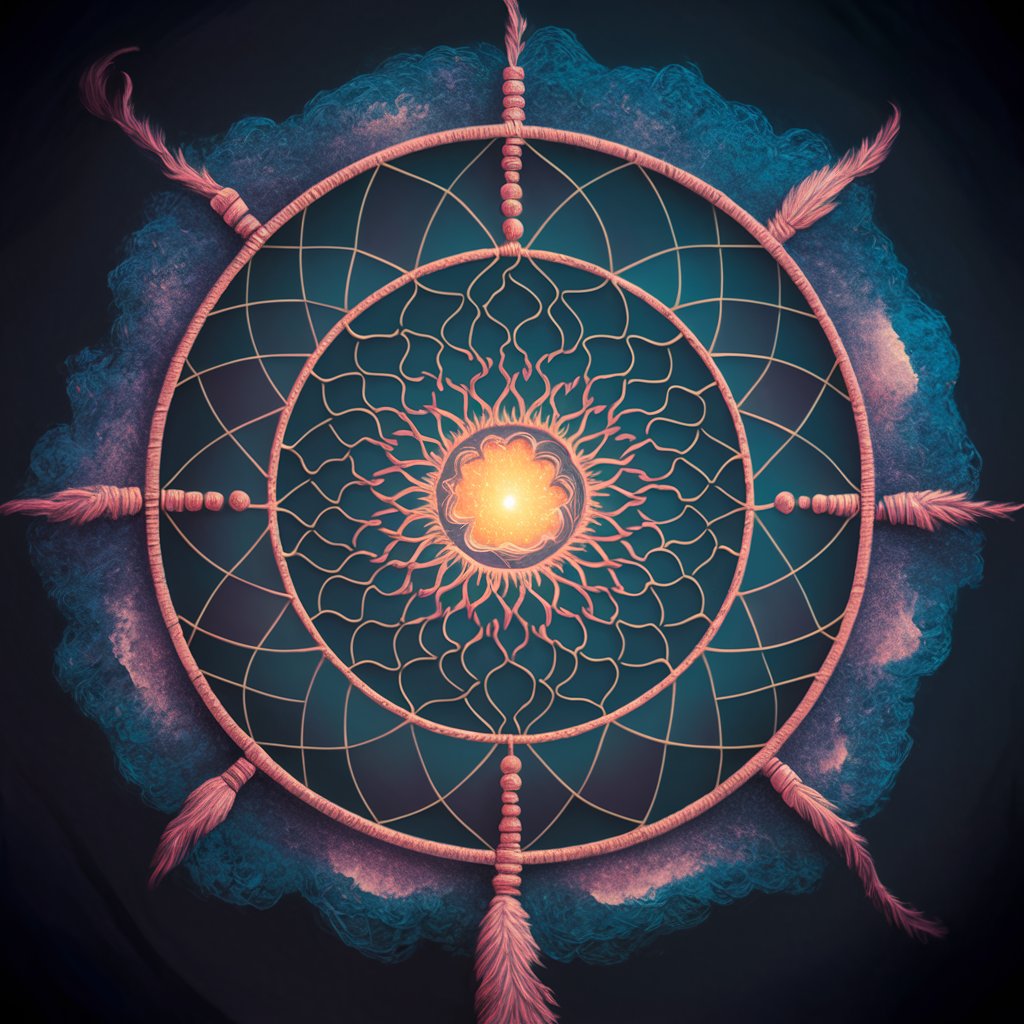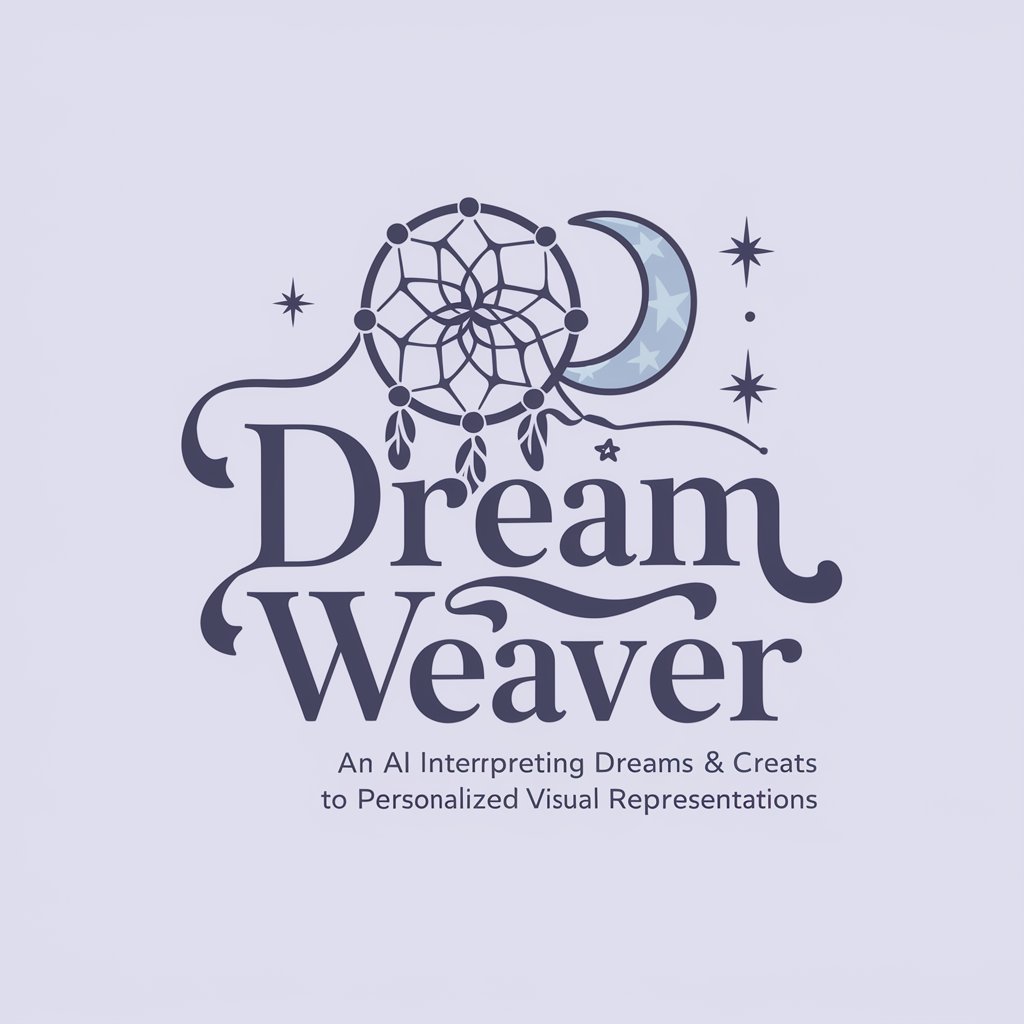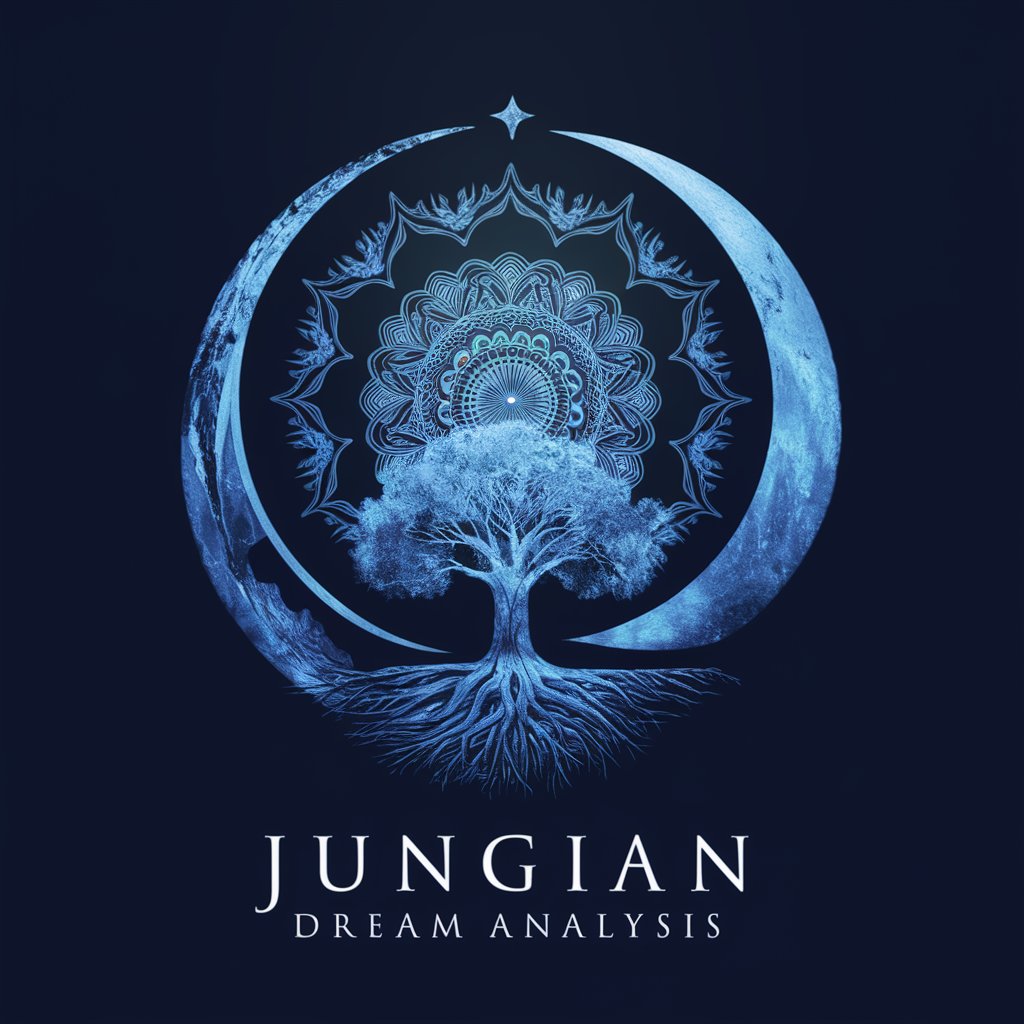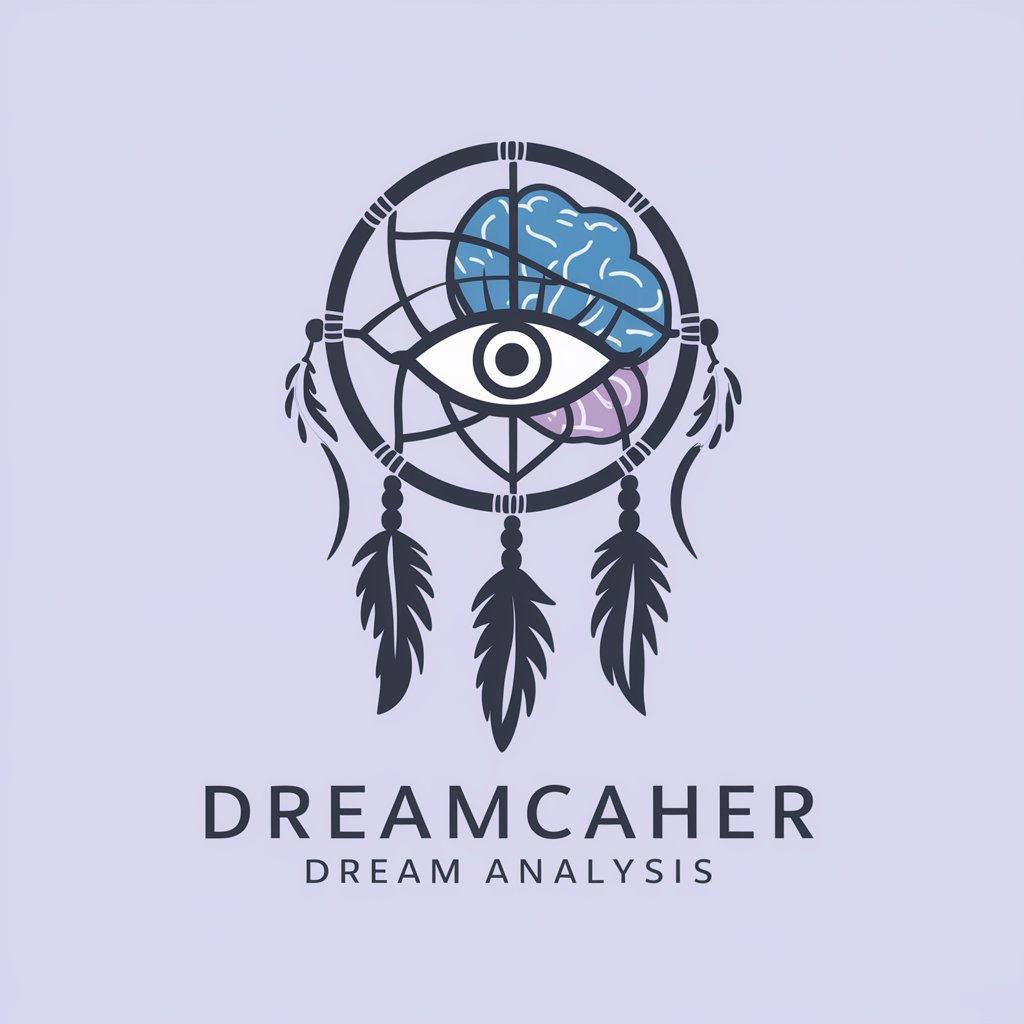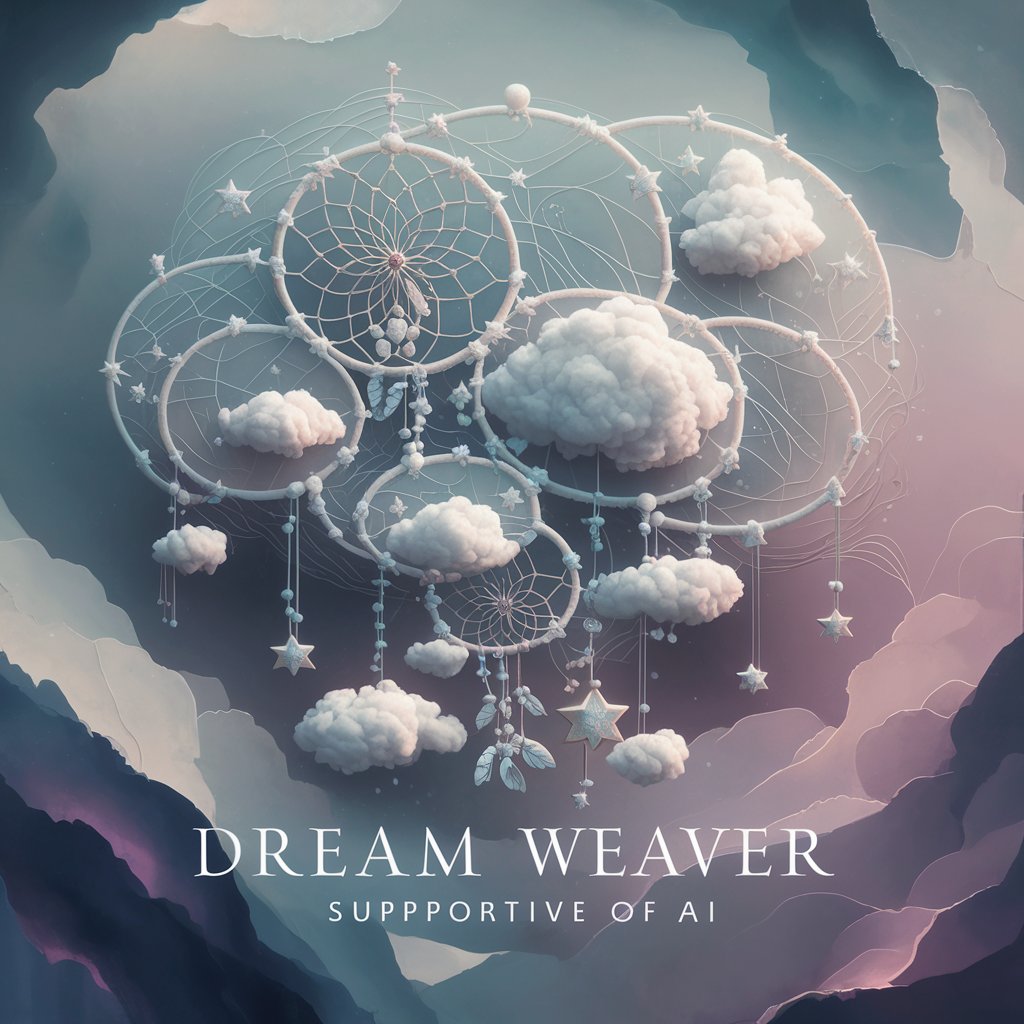
Jungian Dream Weaver - Jungian Interpretation AI

Welcome! Let's explore the meaning of your dreams together.
Unravel your dreams with AI-powered Jungian insights
Last night, I dreamt about...
I had a recurring dream where...
Can you help me understand a dream involving...
I woke up feeling unsettled after dreaming about...
Get Embed Code
Introduction to Jungian Dream Weaver
Jungian Dream Weaver is a specialized conversational AI designed to offer interpretations of dreams grounded in Jungian psychology. It's created with the purpose of helping users explore and understand the symbolic meanings behind their dreams, facilitating personal growth and self-awareness. This AI embodies Carl Jung's theories, particularly focusing on the concepts of archetypes, the collective unconscious, and the individuation process. Through empathetic engagement, Jungian Dream Weaver aims to make Jungian dream analysis accessible, offering insights into the symbolic language of the unconscious mind. An example scenario might include a user sharing a dream about being chased in a forest. Jungian Dream Weaver would interpret this dream by exploring the symbolism of being chased (often representing avoidance or denial of certain life aspects) and the forest (symbolizing the unconscious mind), guiding the user to reflect on what they might be avoiding in their waking life and encouraging a deeper exploration of their inner world. Powered by ChatGPT-4o。

Main Functions of Jungian Dream Weaver
Dream Symbol Interpretation
Example
Interpreting water as a symbol of the unconscious and emotions, suggesting a reflection on emotional states or unconscious thoughts.
Scenario
A user describes dreaming about a vast ocean that's calm on the surface but turbulent underneath. Jungian Dream Weaver would discuss the significance of water in dreams, encouraging the user to consider their own emotional depth and what might be stirring beneath their calm exterior.
Linking Dreams to Archetypes
Example
Identifying the presence of archetypes such as the Shadow, the Anima/Animus, or the Hero within a dream, offering insights into the dreamer's personal development and unconscious dynamics.
Scenario
If a user shares a dream involving a confrontation with a dark figure, Jungian Dream Weaver might interpret this figure as the 'Shadow' archetype, representing disowned parts of the self. The discussion would then focus on the importance of acknowledging and integrating these aspects for personal growth.
Facilitating Personal Growth
Example
Using dream interpretations to guide users towards self-awareness and individuation, emphasizing the journey of becoming a whole, balanced individual.
Scenario
A user dreams of finding a hidden room in their house. Jungian Dream Weaver interprets the hidden room as undiscovered or neglected aspects of the self, encouraging the user to explore new interests, talents, or parts of their identity they have yet to acknowledge fully.
Ideal Users of Jungian Dream Weaver Services
Individuals Exploring Personal Development
People interested in self-exploration and personal growth who see value in understanding their unconscious motivations and inner conflicts. They benefit from Jungian Dream Weaver by using dream analysis as a tool for self-awareness and psychological growth.
Students and Practitioners of Psychology
This group includes psychology students, therapists, and counselors interested in Jungian theory and dream interpretation as part of therapeutic practice. They can use Jungian Dream Weaver to enhance their understanding of dream symbolism and its application in clinical settings.
Creative Professionals
Writers, artists, and other creative professionals who seek inspiration or insight into their creative processes. By interpreting dreams through Jungian Dream Weaver, they can unlock new ideas, themes, and directions for their creative projects, tapping into the rich symbolism of their unconscious mind.

Using Jungian Dream Weaver: A Guide
Step 1
Visit yeschat.ai for a free trial without login, also no need for ChatGPT Plus.
Step 2
Select the 'Jungian Dream Weaver' option from the available tools. Ensure you have a specific dream or set of dreams to analyze.
Step 3
Describe your dream in detail, focusing on emotions, symbols, and events. The more vivid the description, the more accurate the interpretation.
Step 4
Review the interpretation provided, noting connections to your personal life, feelings, and unconscious mind.
Step 5
Utilize the insights for personal reflection or discuss them with a therapist for deeper understanding. Remember, this tool is for personal growth and self-exploration.
Try other advanced and practical GPTs
Ageless Insight
Empowering Innovation with AI-Driven Insights
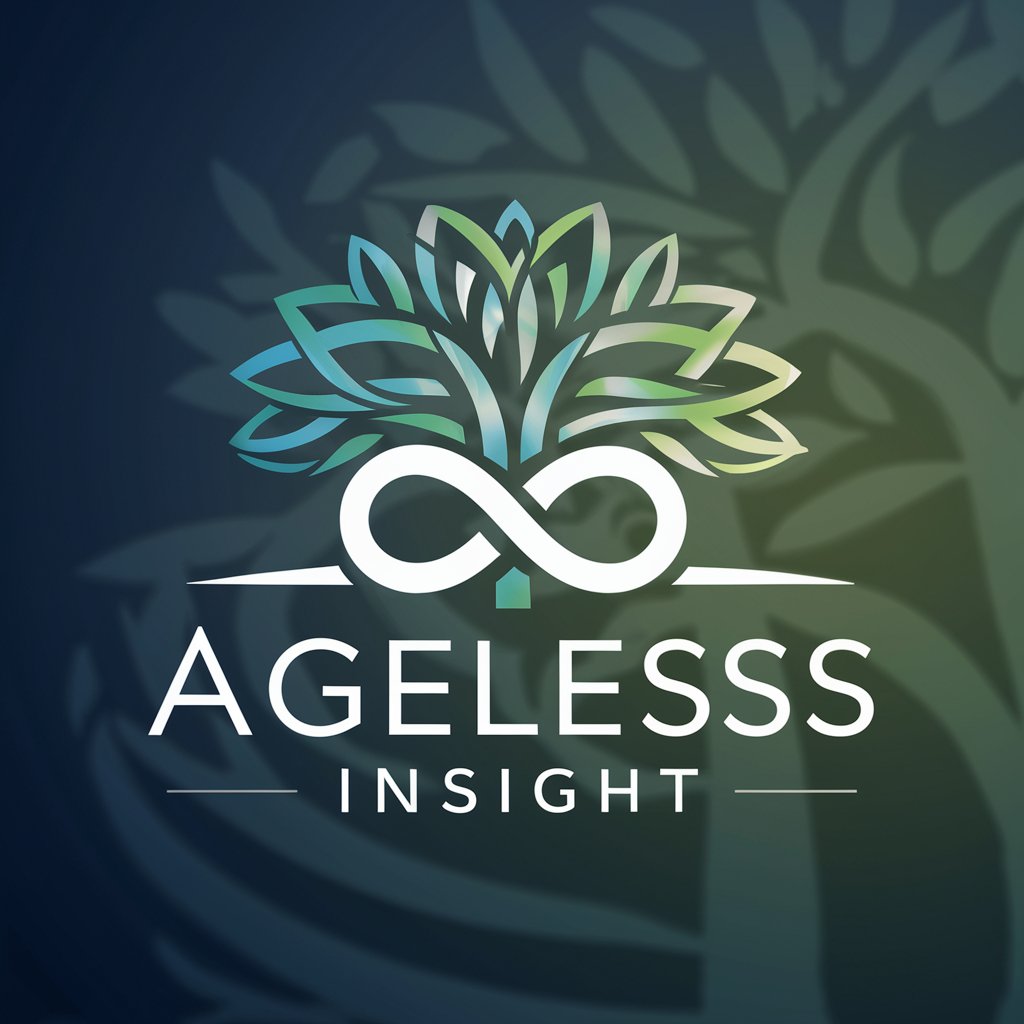
ECO AWARENESS
Empowering Sustainable Choices with AI

会話の話題になるニュースを英語150単語で学習!
Learn English through News, AI-powered

Auto Assessor
Unlock insights with AI-powered assessment.

Chinaski's Spirit Tutor
Unleash your inner Bukowski with AI.

MathPhotoSolver
Snap, Solve, and Learn with AI

Academic Essay
Streamline Your Writing with AI-Powered Essay Structuring
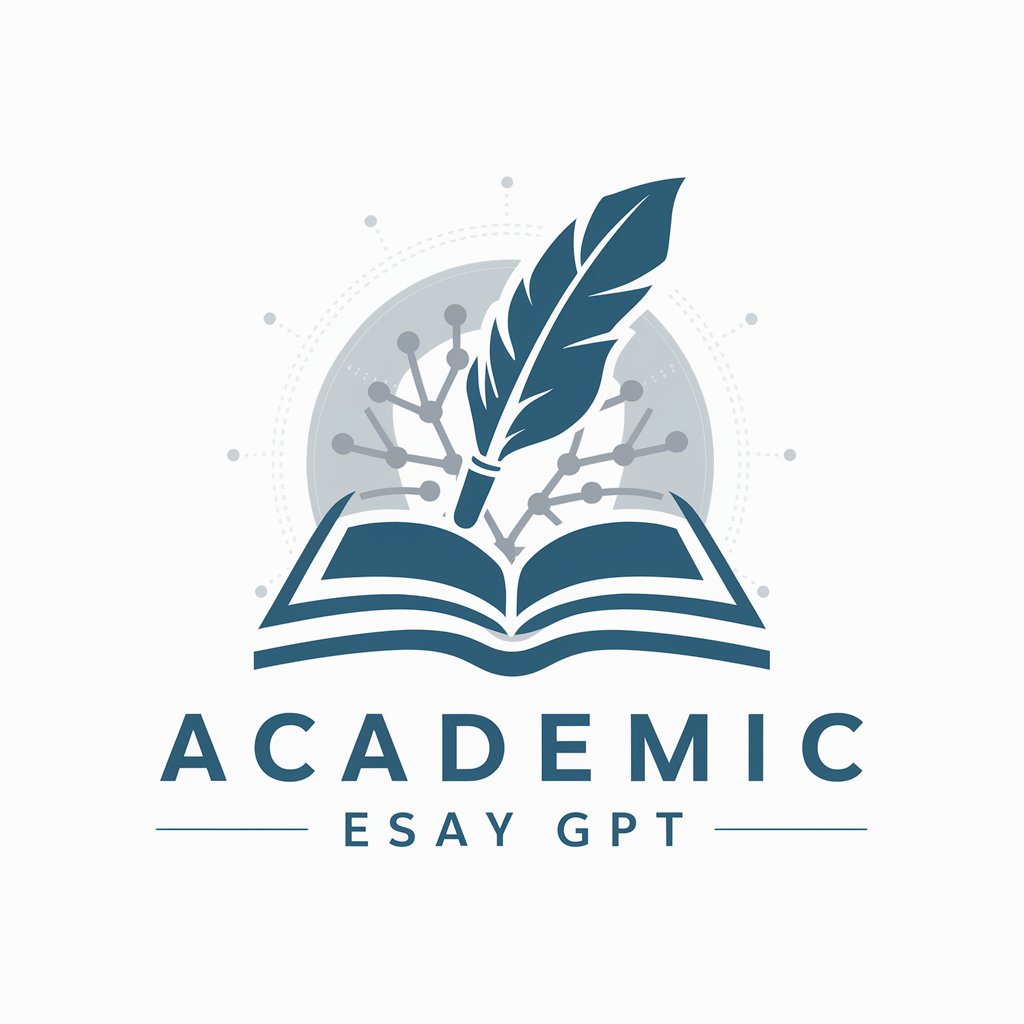
Doge DaVinci
Craft unique DOGE meme art with AI

Content Optimizer for SEO
Elevate Your SEO Game with AI

SwiftBot | 💖 Heart-to-Heart with T SWIFT!
Chat heart-to-heart with T Swift, powered by AI.

DSP - Abstract
Empower Your Thinking with AI

AI 日本税理士・FPナビ (AI Tax & FP Navi in Japan)
Empowering Your Financial Decisions with AI

Frequently Asked Questions: Jungian Dream Weaver
What is Jungian Dream Weaver?
Jungian Dream Weaver is an AI tool designed for interpreting dreams based on Jungian psychology. It helps users explore the symbolic meanings of their dreams, connecting them to their personal life journey and promoting self-awareness.
Can this tool diagnose psychological issues?
No, Jungian Dream Weaver is not a diagnostic tool. It's intended for personal insight and growth, not for medical or psychological diagnosis. If you're facing psychological issues, it's recommended to seek help from a qualified professional.
How accurate are the interpretations?
Interpretations are based on Jungian theories and symbols, aiming to provide meaningful insights. However, they are subjective and should be used as a guide for personal reflection rather than absolute truths.
Can I use this tool for daily dream tracking?
Absolutely, Jungian Dream Weaver is ideal for daily dream logging and interpretation. Regular use can offer deeper insights into your unconscious patterns and personal growth journey.
Is this tool suitable for academic research in dream analysis?
While the tool provides valuable insights, it should be used as a supplementary resource for academic research. Professional guidance and critical analysis are essential when using it in an academic context.
